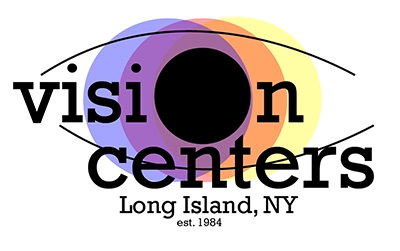
It’s estimated that 160 million people of all ages in the U.S. wear eyeglasses to correct their vision. Those who have a hard time seeing distant objects are nearsighted (myopic) and need concave-shaped lenses. Eyes that can’t easily focus on close-up things, such as the text in a book, are farsighted (hyperopia) and need convex-shaped lenses.
When you need a new or updated pair of prescription eyeglasses, count on the office of Vision Center. Our main concern is to provide you with the precise type of lenses that your eyes need. Our optometrist will give you an eye exam to discern which prescription lens are perfect for your eyes.
Here’s a look at some of the lenses available.
Single Vision
They are the most common lenses, and each of the two lenses has the same prescription strength throughout.
Bifocals
As you can infer from their name, bifocals have two strengths for each lens. For example, the strength on top is for distance and the bottom strength is for reading. A line on the lens separates the two powers. Bifocals save you from buying two pairs of glasses. They’re common as you age.
Varifocals and Trifocals
They have three or more strengths, but no lines delineate them. Here’s how they combine all of your vision needs: The top section is for distance, the middle for arm’s length and the bottom for reading.
Degressives
The top part of the lens is for looking at computer screens or across a room; the middle section is for a computer screen; and the bottom is for close reading.
At the office of Vision Center, you can feel comfortable and relaxed while receiving the very best in vision care. Everything in our office is clean, comfortable and thoroughly sterilized. Please call us today to find out all the ways we can help you.
By Vision Center
February 24, 2021
